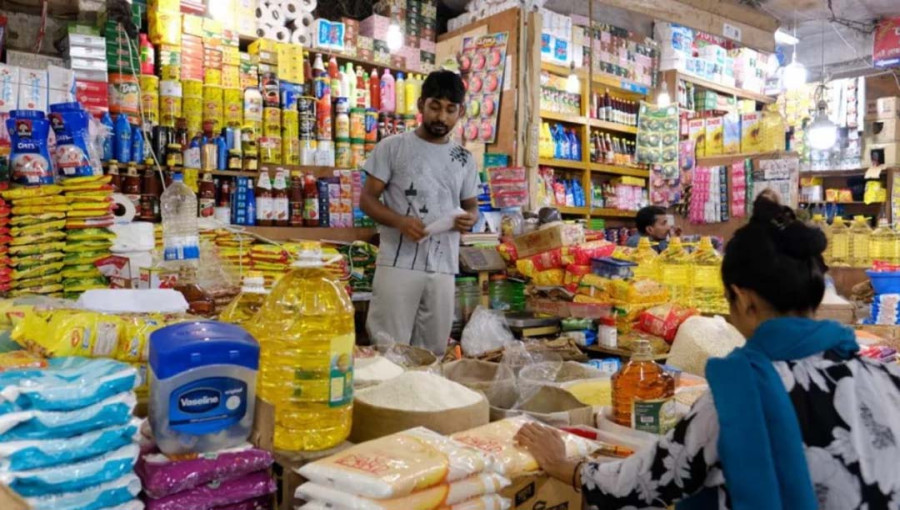Dhaka, Dec 01 (V7N) – A recent survey by Voice of America (VoA) Bangla reveals growing dissatisfaction among Bangladeshis regarding the interim government's ability to control rising prices of essential commodities. The survey, conducted across the country's eight divisions with 1,000 participants aged 18 and above, found that 44.7% of respondents believe the government has performed poorly in managing the prices of staples like rice, fish, vegetables, and oil compared to the previous administration.
Survey Findings
- Performance Comparison: While 23.8% of respondents believe the current government is managing better than its predecessor, 30.8% feel there has been no change.
- Gender Disparity: Among male respondents, 31.3% believe the interim government is performing better, compared to just 16.3% of females. Conversely, 41.2% of females believe the situation remains unchanged, against 20.3% of males.
- Demographics: The survey sampled equal numbers of male and female respondents, with over half aged under 34, and about a quarter living in urban areas.
Financial Strain on Households
Hiren Pandit, a Dhaka resident and program coordinator, described severe financial struggles in 2024. “Prices of everyday items have surged, rents have risen, and items costing Tk140 now cost Tk170,” he said, highlighting the financial pressure on families.
Inflation Trends
Inflation, which stood at 9.72% in June, peaked at 11.66% in July and hovered near 11% in October, following the interim government’s assumption of power in August. According to Bangladesh Bank, inflation has steadily risen since mid-2022, crossing 9% in 2023 and nearing 10% this year.
Government Measures and Challenges
The interim government has taken steps to address inflation, including:
- Lowering import duties on essential goods such as rice, potatoes, and onions.
- Reducing the LC margin to facilitate imports.
- Enhancing market surveillance to monitor supply chains.
However, economists like Golam Moazzem of the Centre for Policy Dialogue (CPD) have criticized the lack of innovation in these measures.
“These steps mirror previous policies. A dynamic approach to managing inflation and the supply chain is still missing,” Moazzem remarked.
Impact on Salaried Employees
Rising costs have severely affected salaried workers, with many spending 85–90% of their income on rent and food, leaving little for savings or occasional luxuries.
Proposed Reforms
Moazzem suggested supply chain reforms targeting five or six key products over three years. He emphasized the importance of regularizing, formalizing, and digitalizing these systems to ensure transparency and accountability.
Despite government efforts, many remain skeptical about the effectiveness of these reforms in addressing inflation and easing the burden on citizens.
END/MSS/AJ






























Comment: